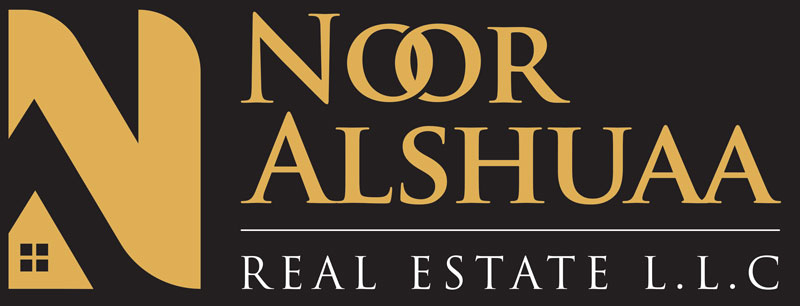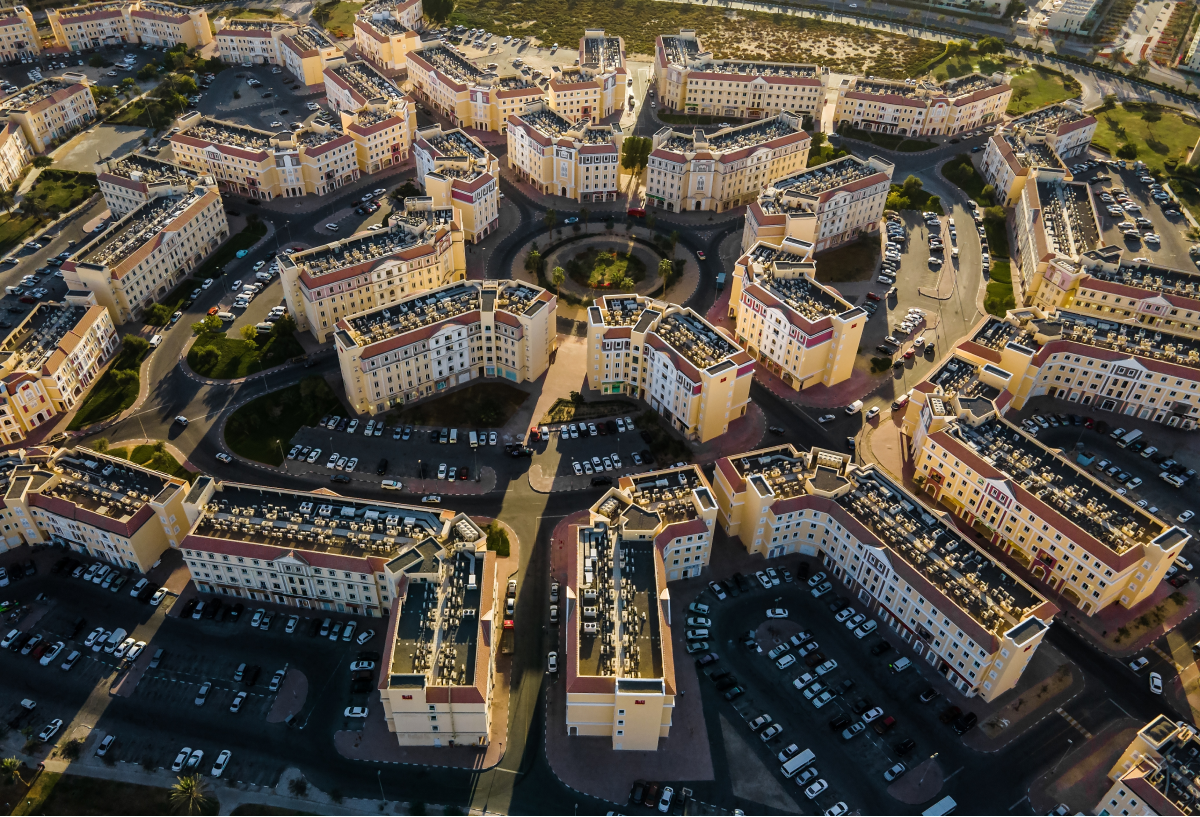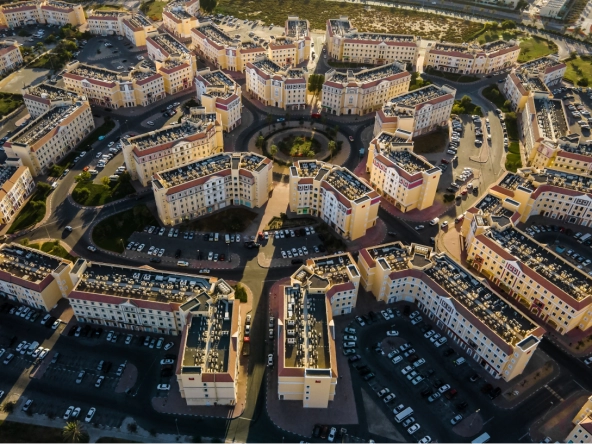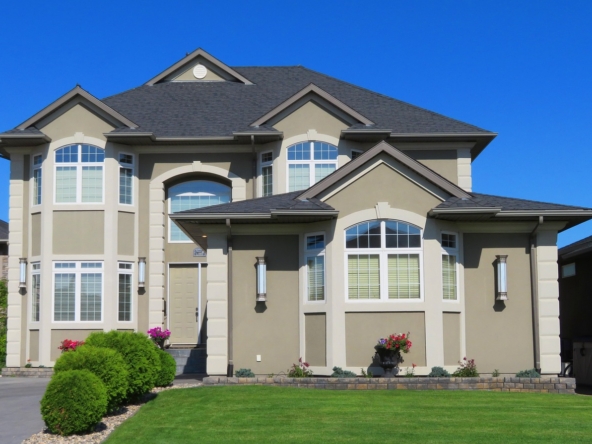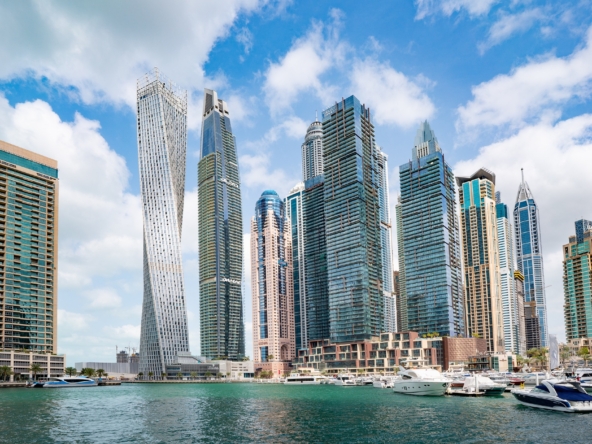Introduction
Dubai International City is a fascinating enclave that combines culture, diversity, and convenience. Known for its unique architecture representing various countries, this area attracts a wide range of residents—from young professionals to families seeking a vibrant community. If you’re considering making Dubai International City your home, understanding the rental market is vital for securing your ideal living space. This guide offers comprehensive insights and practical tips to help you navigate the rental landscape effectively.
1. Understanding Dubai International City
Dubai International City is a sprawling community located just off the Al Awir Road, approximately 15 kilometers from the city center. Here’s a deeper look at what makes this area appealing:
- Cultural Diversity: The community features several themed zones, including China, Persia, and Italy, each showcasing architectural styles and cultural elements from those regions. This multicultural environment enhances the living experience and offers a unique lifestyle.
- Amenities and Infrastructure: Dubai International City boasts numerous amenities, including supermarkets, parks, and recreational facilities. It’s also well-connected to major roads, making it easy to travel to other parts of Dubai.
- Affordability: Compared to other areas in Dubai, rental prices in International City are relatively affordable, making it an attractive option for those seeking budget-friendly housing.
2. Assessing Your Needs
Before you start your search, take some time to evaluate your needs and preferences. Here are several factors to consider:
- Budget: Define a clear budget that includes not just rent, but also utilities, maintenance, and any potential community fees. This holistic view will help you avoid financial surprises down the road.
- Space Requirements: Think about the type of living space that best suits your lifestyle. Are you comfortable in a studio, or do you need a one-bedroom or even a two-bedroom apartment? Consider future needs, such as family growth or the possibility of roommates.
- Commute Considerations: Identify your workplace or school and assess how far you’re willing to commute. Proximity to public transport, major roads, and essential services can make a significant difference in your daily life.
- Lifestyle Preferences: Determine what amenities are essential for you. Do you prioritize having a gym, pool, or nearby grocery stores? Create a checklist to help streamline your search.
3. Researching the Market
Arming yourself with knowledge about the rental market in Dubai International City can greatly enhance your search:
- Online Listings: Platforms like Property Finder, Dubizzle, and Bayut are great starting points for exploring available rentals. Use filters to refine your search based on size, price, and location.
- Social Media and Community Groups: Engage with local Facebook groups or forums where residents discuss rental options and share recommendations. These communities often have insider information and exclusive listings.
- Networking: Reach out to friends, colleagues, or acquaintances who live in Dubai or have experience in the rental market. Personal referrals can lead to opportunities that you might not find through standard channels.
4. Understanding Rental Prices
Navigating the pricing landscape is crucial for making informed decisions. Here’s what you need to know:
- Average Rental Rates: Research the average rental prices in Dubai International City. As of now, a studio apartment can range from AED 35,000 to AED 40,000 annually, while one-bedroom apartments typically range from AED 45,000 to AED 55,000.
- Market Trends: Keep an eye on market trends. Rental prices can fluctuate based on seasonal demand, economic conditions, and the availability of new properties. Use historical data to gauge whether it’s a good time to rent or if you should wait.
- Negotiation Tactics: Don’t be afraid to negotiate the rental price. Landlords may be open to discussions, especially if you can commit to a longer lease. Be prepared to offer something in return, such as flexibility on the move-in date or the option to renew.
5. Visiting Potential Homes
Once you’ve narrowed down your options, it’s time to visit potential homes. Here’s how to make the most of your viewings:
- Prepare Questions: Create a list of questions to ask during viewings. Inquire about the condition of the property, the age of appliances, and any recent renovations.
- Inspect the Property: Pay attention to details such as plumbing, electrical systems, and overall cleanliness. Look for any signs of damage or neglect that might indicate future issues.
- Check the Neighborhood: Take a stroll around the area. Observe the nearby amenities, public transportation options, and the overall vibe of the community. This will give you a sense of whether it aligns with your lifestyle.
- Meet the Landlord or Agent: Building rapport with the landlord or agent can be beneficial. A good relationship may facilitate easier communication and could potentially help with negotiations later.
6. Understanding Lease Agreements
Before you sign any lease, ensure you understand the terms clearly. Key components to review include:
- Lease Duration: Leases can vary from six months to several years. Make sure the duration aligns with your plans. If you’re unsure about staying long-term, look for flexible lease options.
- Deposit Requirements: Typically, a security deposit of one month’s rent is standard practice. Understand the conditions for getting your deposit back at the end of the lease. Clarify any deductions that might occur.
- Maintenance Responsibilities: Discuss who is responsible for maintenance and repairs. Knowing whether you or the landlord is liable for issues that may arise can save you stress later on.
- Termination Clauses: Familiarize yourself with termination clauses, which outline the conditions under which either party can end the lease. This information is crucial in case your circumstances change.
7. Legal Considerations
Renting in Dubai comes with specific legal requirements. Here are some key points:
- Ejari Registration: All tenancy contracts in Dubai must be registered with Ejari, the official rental registration system. This process protects both tenants and landlords and ensures compliance with local laws.
- Tenant Rights: Be aware of your rights as a tenant. Dubai’s rental laws protect you against unjust eviction, discrimination, and ensure you have a safe living environment.
- Understanding Fees: Some communities charge additional fees, such as maintenance fees or community service fees. Clarify these costs upfront to avoid surprises in your budget.
8. Moving In
Once you’ve secured your rental, it’s time to plan your move. Here are some essential steps:
- Utilities Setup: Ensure that utilities such as water, electricity, and internet are set up before your move-in date. Contact providers ahead of time to schedule installations.
- Moving Services: Consider hiring professional moving services to ease the transition. They can help with packing, transporting, and unpacking your belongings, saving you time and stress.
- Inventory Check: Conduct an inventory check upon moving in. Document the condition of the property, taking photos if necessary. This record can be useful if any disputes arise regarding your security deposit later.
9. Settling In
After moving, take steps to make your new place feel like home:
- Getting to Know Your Neighbors: Take the time to introduce yourself to your neighbors. Building a friendly relationship can enhance your living experience and create a sense of community.
- Exploring Local Amenities: Familiarize yourself with local amenities, such as grocery stores, parks, and restaurants. Knowing where to find essentials can make daily life much more convenient.
- Joining Community Activities: Participate in local events or activities. Many communities in Dubai International City host gatherings that provide opportunities to meet new people and engage with your surroundings.
10. Staying Informed
The rental market can change rapidly, so staying informed is vital:
- Regularly Check Listings: Even after moving in, it’s wise to keep an eye on the rental market. Circumstances can change, and you may find better options or opportunities to upgrade.
- Engage with Local News: Subscribe to local news outlets or follow social media accounts that cover Dubai. Staying informed about developments, new projects, and community news can be beneficial.
- Networking: Continue networking within the community. Engaging with local groups or forums can help you stay updated on market trends and available rentals.
11. The Cultural Experience
Living in Dubai International City offers a unique cultural experience. Here’s how to make the most of it:
- Cultural Festivals: Participate in cultural festivals and events that celebrate the diversity of the community. These gatherings often feature food, music, and art from various cultures, providing a rich experience.
- Cuisine Exploration: Take advantage of the diverse culinary scene in International City. Explore restaurants and cafes representing different cuisines and discover new favorites.
- Language and Communication: While English is widely spoken, learning a few phrases in the languages of your neighbors can enhance your interactions and deepen your connection to the community.
12. Challenges and Solutions
Like any rental market, Dubai International City has its challenges. Here are some common issues and potential solutions:
- High Demand: The popularity of the area can lead to high competition for rental properties. Be prepared to act quickly if you find a place you like.
- Maintenance Issues: Older buildings may have maintenance concerns. Always ask about the age of the property and any recent renovations.
- Community Regulations: Each community may have specific regulations. Familiarize yourself with these rules to avoid potential conflicts or misunderstandings with neighbors or landlords.
For More Information:
f you’re ready to find your ideal home in Dubai International City, look no further than Noor AlShuaa Real Estate. With a wide range of options—from cozy studios to spacious 1BHK, 2BHK, and 3BHK apartments, as well as luxurious villas—our expert team is dedicated to helping you navigate the rental market with ease. Choosing Noor AlShuaa means gaining access to extensive local knowledge, personalized service, and a commitment to finding a home that perfectly suits your lifestyle and budget. Don’t miss out on the opportunity to live in one of Dubai’s most vibrant communities. Contact us today to explore your options and take the first step toward making Dubai International City your new home!
Conclusion
Renting a home in Dubai International City can be a fulfilling experience if approached with the right information and strategy. By thoroughly researching the market, understanding your needs, and being aware of legal requirements, you can find a living space that suits your lifestyle and budget. Embrace the rich cultural diversity and vibrant community, and enjoy all that Dubai International City has to offer. With the right preparation and insights, your journey to finding the perfect home can be smooth and rewarding.
Frequently Asked Questions (FAQs)
- What types of properties are available for rent in Dubai International City?
- Dubai International City offers a variety of rental options, including studio apartments, one-bedroom apartments, two-bedroom apartments, and townhouses. The community features themed zones, allowing for diverse architectural styles and layouts.
- What is the average rent for a studio apartment in Dubai International City?
- The average rent for a studio apartment in Dubai International City typically ranges from AED 25,000 to AED 45,000 per year, depending on the specific location and amenities offered.
- Are there any additional costs when renting in Dubai International City?
- Yes, besides the monthly rent, tenants should consider additional costs such as utilities (water, electricity, internet), maintenance fees, and the security deposit, usually equivalent to one month’s rent.
- How do I find rental listings in Dubai International City?
- You can find rental listings on property websites like Property Finder, Dubizzle, and Bayut. Additionally, local Facebook groups and community forums often feature exclusive listings and recommendations.
- Is it necessary to register my tenancy contract with Ejari?
- Yes, registering your tenancy contract with Ejari is mandatory in Dubai. This registration protects both tenants and landlords and ensures compliance with local laws.
- Can I negotiate the rent with the landlord?
- Yes, negotiating the rental price is common in Dubai. Landlords may be open to discussions, especially if you can commit to a longer lease term or if the property has been on the market for an extended period.
- What should I check during a property viewing?
- During property viewings, check the condition of the property, including plumbing, electrical systems, and any signs of damage. It’s also important to assess the surrounding neighborhood and nearby amenities.
- What are my rights as a tenant in Dubai?
- Tenants in Dubai have rights that protect them from unjust eviction and ensure a safe living environment. Familiarize yourself with local laws to understand your rights and responsibilities clearly.
- What should I do if I encounter maintenance issues after moving in?
- If you experience maintenance issues, contact your landlord or property management immediately to report the problem. Ensure you document any issues for future reference.
- How can I get involved in the community once I move in?
- Engage with local events, join community groups, and explore neighborhood amenities to connect with your neighbors and immerse yourself in the vibrant culture of Dubai International City.
